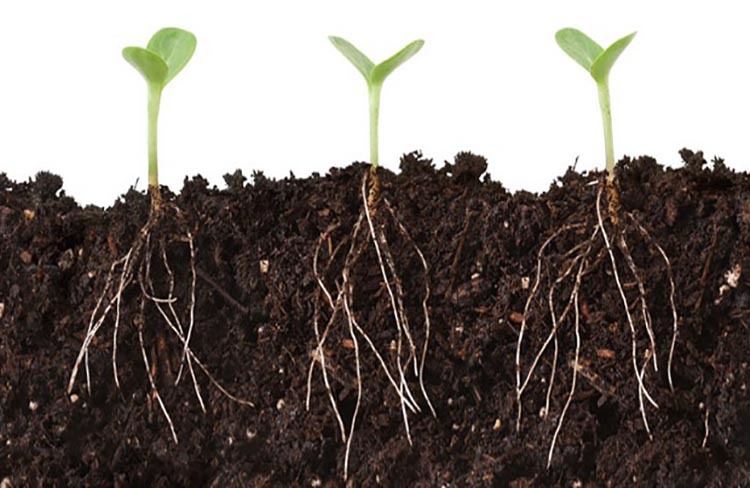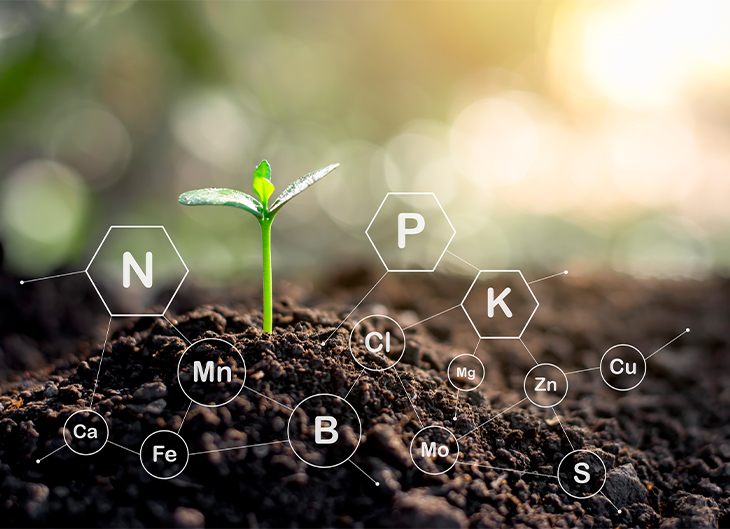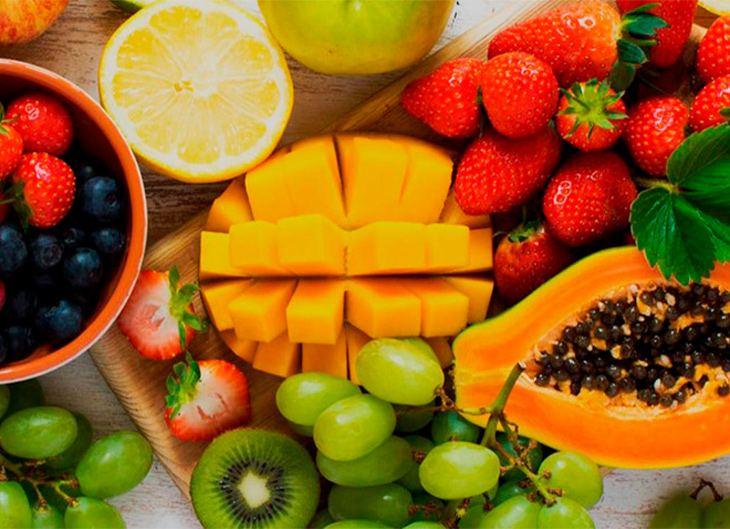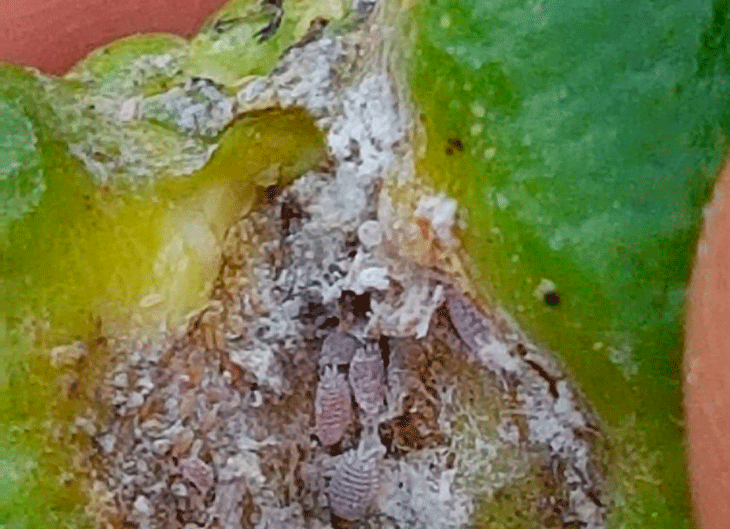
Delottococcus aberiae (Cotonet de les valls or South Africa): a plague that begins to become pressing in Spanish citrus fruits
At a time when citrus fruits are in some cases starting flowering and in others in full bloom, concern grows about Delottococcus aberiae and everyone asks themselves the same question: how to combat it?
The concern of the citricultors is great for the amount of losses it causes to the crop, since it produces different damage and all citrus varieties are sensitive to their attack. These damage can be both direct, due to the weakening of the tree produced by the insect’s own diet and the deformation and/or reduction in the size of the fruits they cause; indirect, by the secretion of melasses that serves as a substrate for the development of the black fungus. Both direct and indirect damages result in a significant commercial depreciation of the fruit, in addition to the possibility of generating legal problems at the time of the attempt to export a crop that may be affected. In Israel, South Korea and the United States this organism is considered quarantine.
Delottococcus aberiae presents numerous generations throughout the year, reaching its maximum population between the months of May and July. Another important aspect to keep in mind is that the maximum population does not usually coincide with the first damage on fruits.
Delottococcus aberiae can be confused with other pseudococcides such as Planococcus citri and Pseudococcus longispinus during the early stages. However, there are several keys to distinguishing it:
- – 3rd age nynfas and adult females do not have the waxless longitudinal dorsal stripe seen in Planococcus citri and Pseudococcus longispinus.
- – The pair of filaments are somewhat longer than the rest of the lateral filaments: about a quarter of the body.
- – Females have the ability to produce multiple ovisacos and it is easy to detect them separately from their females.
- – Male and female begin to differentiate from the 2nd stage so that when they reach adults they are completely different. Females acquire the cottony appearance that gives it the celrea secretions, white. The adult male is winged in variable color, from light orange to reddish brown, with translucent wings.
- – Like the rest of the pseudococcides that affect citrus fruits, D. aberiae presents numerous generations throughout the year. However, unlike Planococcus citri, South African cotonet is active even in the winter months. During the first half of the year it is also possible to observe it ascending and descending the trunk, since some females come down to put the ovisacos to the base of the trunk or to the ground.

Comparison of adult females of the 3 species. From left to right; D. aberiae, P. citri and P. longispinus. Source: Beltrà et al. (2013).
In Spain, although initially the focus was limited to the region of the Valleys (Valencia), it has been progressively and almost unstoppably spreading, being already present throughout the Valencian Community and in the south of Tarragona and having detected a first focus in the Region of Murcia. Andalusia is the only citrus area where there is not yet evidence of its presence, but all alerts have been launched in case it appears.
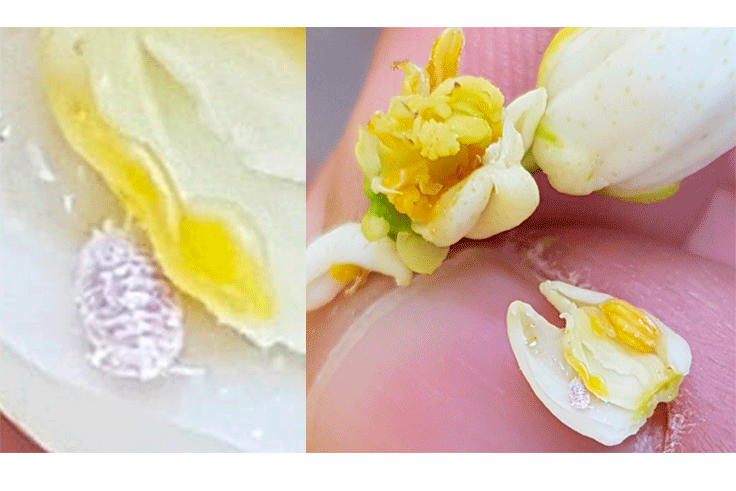
Such is the need for an effective solution, that some farmers’ associations have presented the issue to the Senate Committee on Agriculture by providing documentation showing that current active subjects are not as effective as that used (methyl chlorproyrifves) a few years ago and that it was banned. It is joined that the trap with pheromones is late as the traps have not been distributed among the farmers in order to be placed.
Likewise, the predator imported from South Africa to fight the plague, the Anagyrus aberiae, has not been able to be reproduced in quantity since the only insects that have it, those of Silla and Almassora of the IVIA, do not possess enough individuals. The releases of this predator must be massive to be effective and that is not happening.
For all this, different Valencian associations have proposed to the committee on agriculture that the Government should apply to Brussels for an exceptional authorisation for the use of methyl chloryrifos, something which the European Commission itself acknowledged could be done in a response to the European Parliament at the request of local farmers’ associations. Last year Italy obtained it and this year the transalpine country is considering expanding it for bone fruit.

